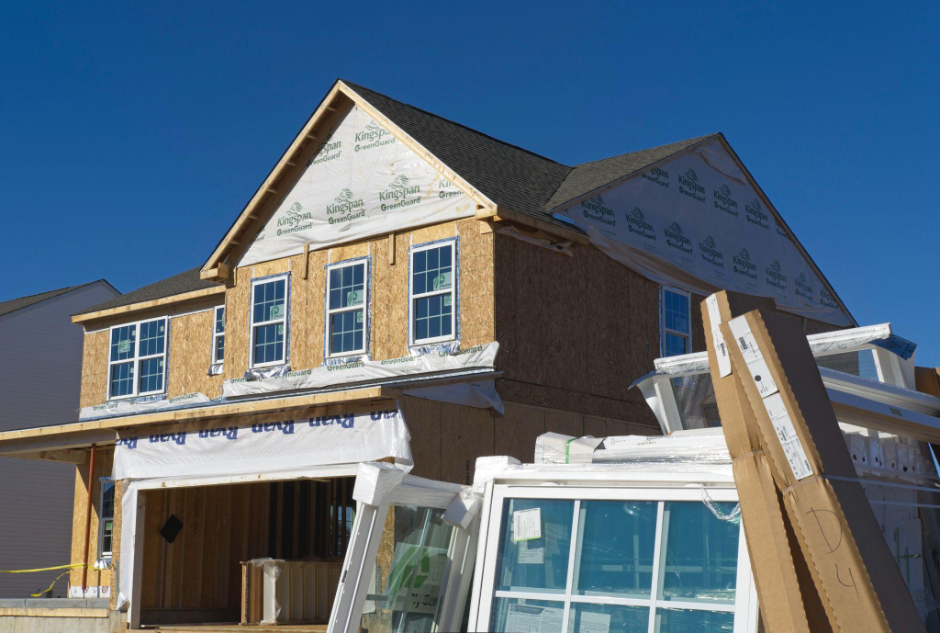Over the past few decades, Canada has embraced immigration. Openness to immigration has become an integral part of our societal fabric and national identity, but in recent months, the country has witnessed a shift in public discourse. The past few years have seen a record surge in immigration rates, bringing to light underlying structural challenges, with the most notable concerns among Canadians being the onset of the housing crisis and labour shortages within the sector.
Currently, Canada does not have enough housing for its population, sparking debates among Canadians regarding the sustainability of such high immigration targets, as many Canadians and newcomers struggle to attain basic, affordable housing. The lack of housing supply and labour shortages within the sector has brought about severe housing unaffordability across the country. Despite these challenges, Canadians must recognize the context of our society; we have a rapidly ageing population with low birth rates. As the boomer generation ages out of the workforce, Canada will require an influx of skilled newcomers to support and sustain itself over the coming decades.
In light of this crisis, strategic immigration policies are imperative. Moving forward, the government must carefully consider the selection of immigrants to address specific gaps in the labour market and contribute to the overall growth of our economy. Given all of the significant structural issues Canada now confronts, the government needs to be highly mindful of the immigrants it brings in and assess the quality and alignment of their skills with Canada’s current needs, especially regarding housing supply and infrastructure.
While many Canadians have been quick to attribute the ongoing housing crisis to immigration, the reality is that Canada’s housing market has long been on a trajectory of short supply and escalating high costs. The shortage of homes has resulted in many younger Canadians being priced out of the market, with rents soaring. Without a significant increase in home construction, Canada’s housing crisis will only worsen with exacerbated housing shortages and unaffordability. According to estimates from the Canada Mortgage and Housing Corporation, the country must construct approximately 3.5 million more homes by 2030 than is forecasted to achieve any semblance of housing affordability.
Complicating matters further is the impending retirement of many Canadian construction workers. As these workers exit, there is a growing need to replenish the construction labour force. The government must bring in immigrants willing to work in the sector to meet home-building targets for the coming decades. This addresses the current housing crisis and sets the foundation for a sustainable future where housing is both attainable and affordable for all Canadians.
In addition to the prevailing labour shortages among construction workers, Canada is grappling with deficits in the trades sector. Skilled trade workers, including carpenters, electricians, plumbers, pipefitters, welders, and heavy-duty mechanics, to name a few, are in short supply, significantly impacting the pace and staffing of infrastructure projects. This scarcity hinders economic growth and contributes to substantial delays, increasing costs and impeding progress across multiple sectors with pronounced effects on the housing sector. The ongoing challenges underscore the need for proactive measures from the government. Facilitating the entry of skilled immigrants in the trades sector is crucial, and equally important is ensuring we provide them with adequate opportunities for upskilling and apprenticeships to address immediate shortages.
In navigating the complexities of Canada’s contemporary challenges, especially regarding the housing crisis and sector labour shortages, it is essential to strike a balance between our commitment to immigration openness and the pragmatic recognition of the specific requirements needed of immigrants to help aid the current state of our economy. By strategically welcoming newcomers who can actively contribute to filling labour shortages in vital sectors like housing and trades, we can foster economic development and address the multifaceted issues we currently face. In doing so, Canada can continue to leverage the positive aspects of immigration while ensuring a sustainable and prosperous future for all.



